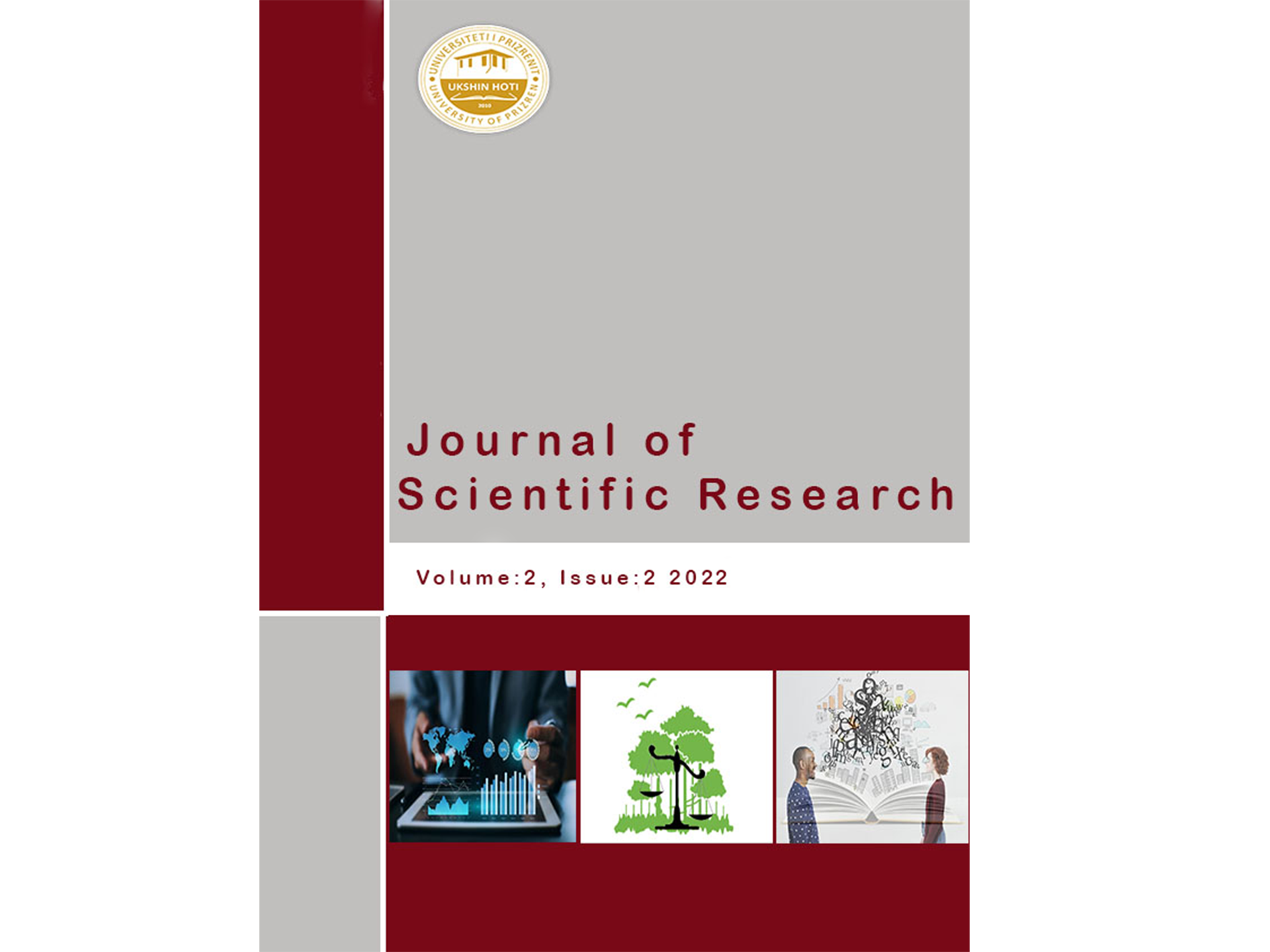Author :
Abstract
Keywords
Abstract
Gradually, the child using different objects during play begins to discover those qualities, which contribute to distinguishing objects and objects. By moving his body during games he gains elementary experience over space. Through the activity during the game he learns to investigate and distinguish what is big, the short from the long, etc. The child expresses satisfaction with the results of the game, but is much more satisfied when the adults offer him acceptance and praise for the successes achieved. This increases the child's self-confidence and strengthens motives for further participation in the game. It is understood that the child during play, as well as at work, fights with difficult difficulties and obstacles, although, he, in a way, knows how to master and overcome them. He during the game is full of new situations, where not only the mechanical application of experiences is enough, but the child is required to discover new ways. In such cases, the child's own intelligence comes into play.
Keywords
- 1. Arts Education Partnerships, 1998. Young children and the arts: Making creative connections-
- 1. Arts Education Partnerships, 1998. Young children and the arts: Making creative connections-A report of the task Force on Children’s Learning and the Arts: Birth to Age Eight, Washington, DC: Author.
- 2. Brown, (2009). Play. Penguin; Else, Perry. (2009). The value of play dhe Smith, P. K. (2010). Children and Play. Wiley-Blackwell.
- 4. Fjortoft, I. (2001). The natural environment as a playground for children: The impact of outdoor play activities in pre-primary school children. Environmental Education.
- 8. Murtezani Lulzim (2006). “Psikologjia e Zhvillimit – Një vështrim përmbledhës”, shtëpia botuese “Çabej”, Tetovë.
- 9 Valbona Keçi, Ndikimi I pwrfshirjes sw fwmijwve nw ciklin e plotw tw arsimit parashkollor nw zhvillimin e aftwsivw sociale dhe aftwsisw pwr tw nxwnw, Gusht 2018, Tiranë, faqe 105.
- 10. Schulz, Laura E., Standing, Holly R., and Bonaëitz, Elizabeth B. (2008). Word, thought, anddeed: The role of object categories in children’s inductive inferences and exploratory play. Developmental Psychology, 44, 1266-1276.





